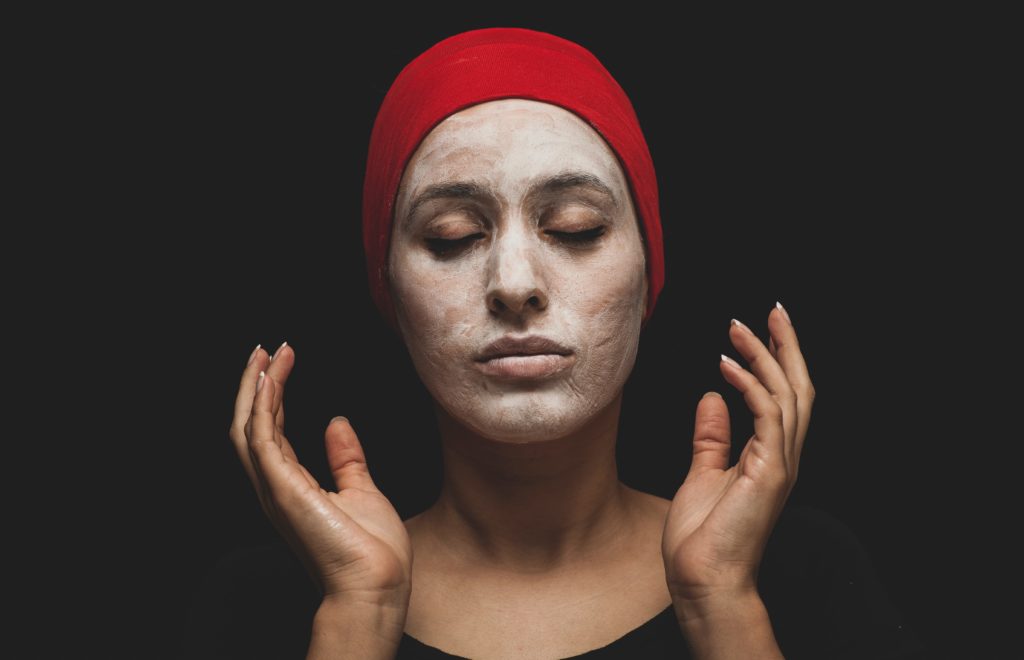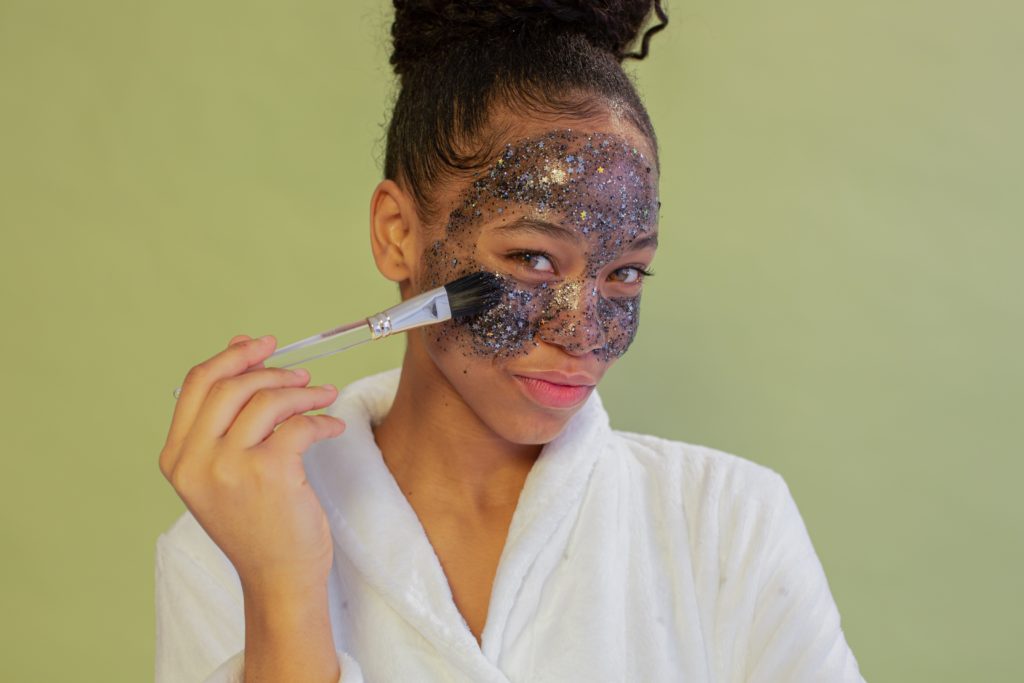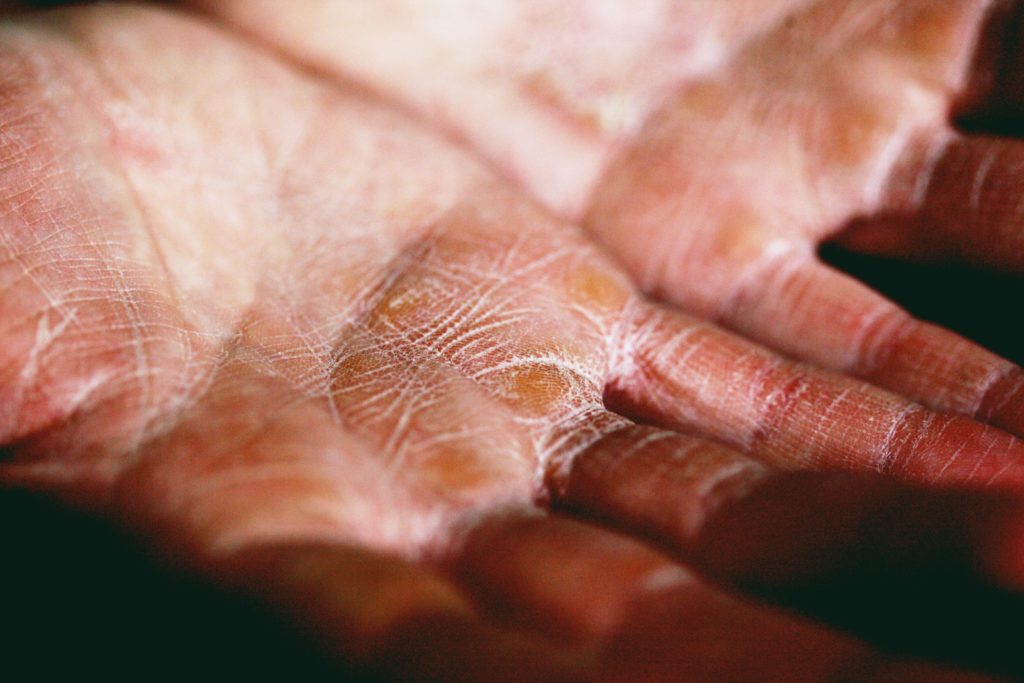Skincare is an important part of our daily routine, but with so many products and terminology out there, it can be overwhelming to understand what each term means. Do you ever find yourself browsing through skincare aisles, feeling lost and confused with terms like “exfoliating,” “toning,” or “hyperpigmentation”? Don’t worry. You’re not alone!
Nowadays, skincare is becoming increasingly popular, and the options seem endless, so it’s essential to understand the terminology used. That’s why we’ve created a skincare dictionary to help you understand the different terms used in the skincare world, so you can make informed decisions about what’s best for your skin.
Common Skincare Terminology
Skincare is an essential aspect of our daily routine, and understanding the terminology is crucial to make informed decisions about the products and practices we use to care for our skin. The following are some of the most common skincare terminologies:
- Cleansing: The process of removing dirt, oil, and impurities from the skin’s surface. Cleansing is typically the first step in a skincare routine.
- Toning: The process of using a toner to balance the skin’s pH levels after cleansing. Toners also help to remove any remaining impurities and prepare the skin for moisturization.
- Moisturizing: The process of applying a moisturizer to hydrate and nourish the skin. Moisturizers help to maintain the skin’s natural moisture barrier and prevent dryness and irritation.
- Exfoliating: The process of removing dead skin cells from the skin’s surface to improve texture and promote cell turnover. Exfoliation can be achieved through physical scrubs or chemical exfoliants.
- Sunscreen: A topical product that protects the skin from the harmful effects of the sun’s UV rays. Sunscreen is crucial for preventing premature aging and reducing the risk of skin cancer.
Skincare Ingredients Terms
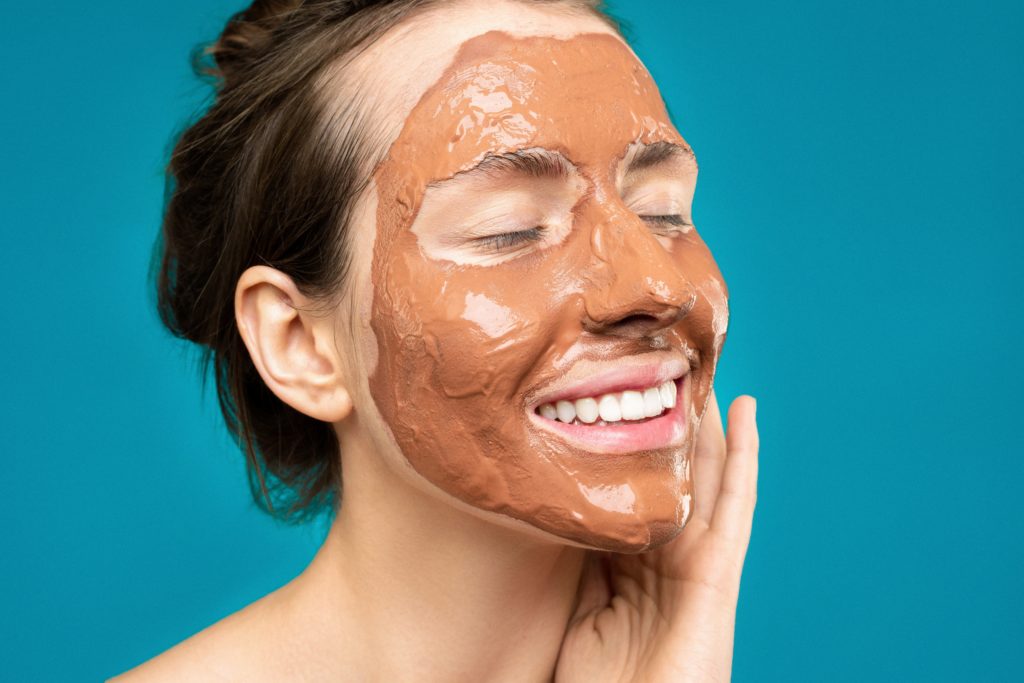
Active Ingredients
These are ingredients that actively work to address specific skin concerns. They are usually found in targeted treatments such as serums or spot treatments. Examples of active ingredients include:
- Salicylic acid: a beta-hydroxy acid that helps to exfoliate the skin and unclog pores, making it practical for treating acne and blackheads.
- Retinol: a form of vitamin A known for its anti-aging properties. It can help to reduce the appearance of fine lines, wrinkles, and age spots.
- Vitamin C: a powerful antioxidant that can brighten the skin, even out skin tone, and improve collagen production.
- Hyaluronic acid: a hydrating ingredient that can help to plump and smooth the skin, reducing the appearance of fine lines and wrinkles.
Common Skincare Ingredients
These are ingredients that are commonly used in many skincare products. They provide a range of benefits for the skin, including hydration, nourishment, and protection. Examples of common skincare ingredients include:
- Glycerin: it is a humectant that attracts moisture to the skin, helping keep it hydrated and soft.
- Ceramides: lipids that help to strengthen the skin’s barrier, protecting it from environmental damage and preventing moisture loss.
- Niacinamide: a form of vitamin B3 that can help reduce inflammation and redness and improve the appearance of fine lines and wrinkles.
- Peptides: amino acids that can help to stimulate collagen production, improving the skin’s elasticity and firmness.
Natural Ingredients
These are ingredients that are derived from natural sources such as plants, fruits, and minerals. They are often used in clean or organic skincare products and can provide a range of benefits for the skin without harsh chemicals. Examples of natural ingredients include:
- Aloe vera: a soothing ingredient that can help calm irritated or inflamed skin and provide hydration.
- Tea tree oil: an antibacterial and anti-inflammatory ingredient that can help to treat acne and other skin irritations.
- Chamomile: a gentle ingredient that can help to soothe and calm the skin, as well as provide anti-inflammatory benefits.
- Green tea: a powerful antioxidant that can help protect the skin from environmental damage and provide anti-inflammatory benefits.
Synthetic Ingredients
These ingredients are created in a laboratory rather than derived from natural sources. They can provide a range of benefits for the skin, but some people prefer to avoid them due to concerns about potential side effects or environmental impact. Examples of synthetic ingredients include:
- Parabens: preservatives commonly used in skincare products to prevent the growth of bacteria and other microorganisms.
- Fragrance: synthetic scents are added to skincare products for a pleasant smell. However, they can sometimes cause skin irritation or other allergic reactions.
- Silicone: a synthetic ingredient that can help to smooth and blur the skin’s surface, making it a popular ingredient in primers and other makeup products.
- Sulfates: surfactants used in many cleansers and foaming products to help remove dirt and oil from the skin. However, they can sometimes be harsh and dry, especially for sensitive skin.
Skincare Products
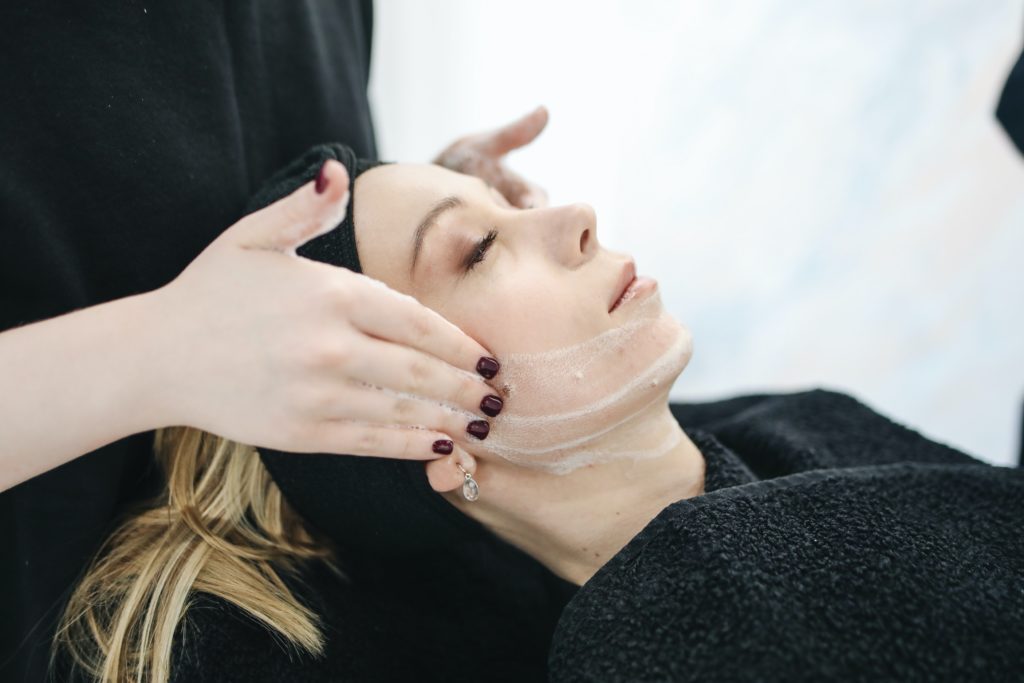
There are numerous skincare product terms that can be overwhelming and confusing, especially for those new to the world of skincare. Here are some common skincare product terms and their explanations:
- Cleanser: A product that removes dirt, oil, and impurities from the skin. It comes in different forms, such as foam, gel, cream, or oil-based.
- Toner: A liquid product applied to the skin after cleansing to balance the pH, remove any remaining dirt, and prepare the skin for the next skincare steps.
- Serum: A concentrated product that targets specific skin concerns such as aging, pigmentation, or dehydration. It is usually applied after toning and before moisturizing.
- Moisturizer: A product that hydrates and nourishes the skin. It comes in different forms, such as creams, lotions, and gels.
- Eye cream: A product designed specifically for the delicate skin around the eyes to hydrate, prevent fine lines and wrinkles and reduce dark circles and puffiness.
- Sunscreen: A product that protects the skin from harmful UV rays that can cause premature aging, sunburn, and skin cancer.
- Face mask: A product applied to the skin for a short period to provide extra hydration, exfoliation, or target specific skin concerns.
- Exfoliant: A product that removes dead skin cells and helps unclog pores. It can come in physical exfoliants such as scrubs or chemical exfoliants such as AHAs and BHAs.
- Essence: A lightweight product with active ingredients targeting specific skin concerns such as brightening, hydration, or anti-aging.
- Oil: A product that hydrates the skin and provides essential fatty acids to help strengthen the skin barrier. It can come in different types, such as facial, cleansing, and body oils.
Skincare Concerns
Skincare concerns refer to various conditions or issues that affect the health and appearance of the skin. It is essential to understand these concerns to identify the appropriate skincare products and treatments that can help improve the skin’s overall health and appearance. Here are some common skincare concerns and their explanations:
- Acne: Acne is a common skin concern that occurs when the hair follicles become clogged with oil and dead skin cells. This can lead to the formation of pimples, blackheads, and whiteheads on the face, neck, chest, and back.
- Aging: Aging is a natural process that affects the skin’s appearance and texture. As people age, the skin loses elasticity, becomes thinner, and develops fine lines, wrinkles, and age spots.
- Hyperpigmentation: Hyperpigmentation refers to the darkening of the skin caused by the overproduction of melanin. Sun exposure, hormonal changes, acne, and certain medications can cause this.
- Rosacea: Rosacea is a skin condition that causes redness, flushing, and bumps on the face. It can also cause dryness, sensitivity, and a burning or stinging sensation.
- Sensitive skin: Sensitive skin is a common concern for many people, and it can cause redness, irritation, and inflammation. Sensitive skin is typically triggered by-products or environmental factors, such as harsh chemicals, fragrances, and extreme temperatures.
Skincare Tools
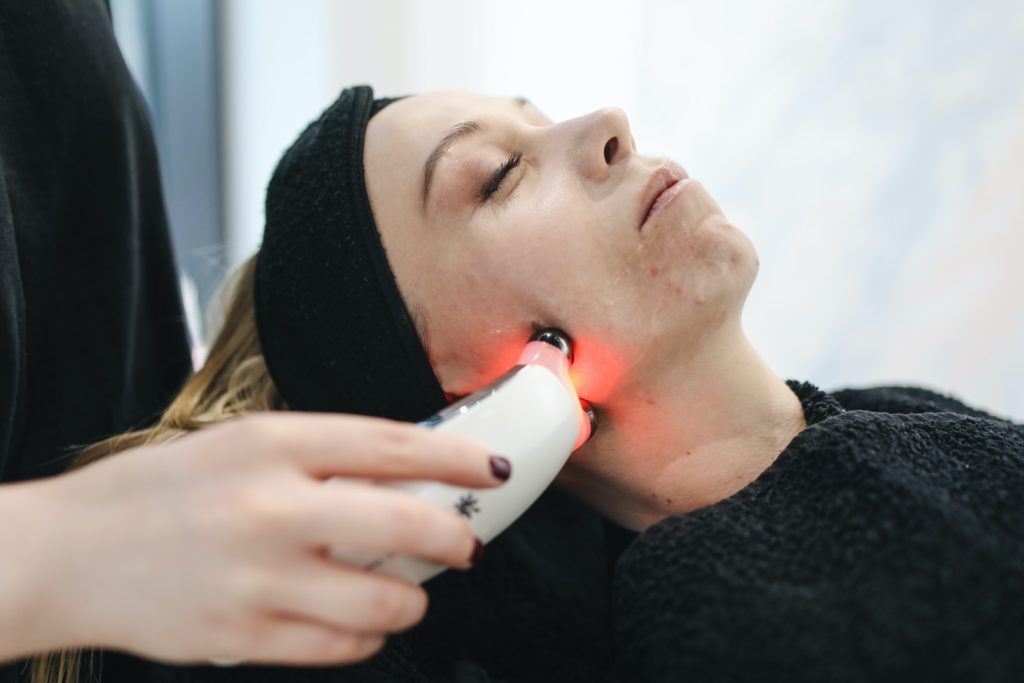
Skincare tools are devices or instruments that aid in the application of skincare products or improve the appearance of the skin. Here are some common skincare tool terms and their explanations:
- Facial cleansing brush – A brush used to cleanse the skin and exfoliate dead skin cells, typically powered by batteries or electricity.
- Jade roller – A tool with a smooth jade stone used to massage and cool the skin, helping to reduce inflammation and improve circulation.
- Gua sha – A tool used to massage and scrape the skin, typically made from jade or rose quartz, and used to promote lymphatic drainage and reduce puffiness.
- Microneedling roller – A roller with tiny needles rolled over the skin, creating small punctures that stimulate collagen production and help reduce the appearance of fine lines and wrinkles.
- LED light therapy device – A device that emits specific wavelengths of light to target different skin concerns, such as acne, wrinkles, and hyperpigmentation.
- Pore vacuum – A device that uses suction to remove dirt, oil, and debris from the pores, helping to reduce the appearance of blackheads and improve skin texture.
- Derma planing tool – A tool used to remove peach fuzz and dead skin cells from the face, leaving the skin smooth and soft.
- Ice roller – A roller filled with water and frozen to cool the skin, helping to reduce inflammation and calm irritated skin.
Skincare Routine
Skincare routines can be overwhelming, especially with the variety of terms and steps involved. Here are some common skincare routine terms and their explanations:
- Cleansing: Cleansing is the first and most important step in any skincare routine. It involves removing makeup, dirt, and excess oil from the skin.
- Toning: Toning is the second step in a skincare routine and involves applying a toner to balance the skin’s pH levels and prep it for further treatment.
- Serum: A serum is a lightweight product formulated with a high concentration of active ingredients to address skin concerns like wrinkles, dark spots, and dehydration.
- Moisturizing: Moisturizing is when you apply a moisturizer to keep your skin hydrated and healthy.
- Exfoliating: Exfoliating involves using products that remove dead skin cells from the skin’s surface. This can be done using physical exfoliators like scrubs or chemical exfoliators like alpha and beta hydroxy acids.
- Sunscreen: Sunscreen is an essential part of any skincare routine. It protects the skin from UV radiation and reduces the risk of skin cancer and premature aging.
- Masking: Masking involves using facial masks to provide intensive hydration, nourishment, and treatment to the skin. There are different types of masks, like sheets, clay, and sleeping masks.
- Eye cream: An eye cream is a specialized product that targets the delicate skin around the eyes. It can help reduce the appearance of dark circles, fine lines, and wrinkles.
- Double cleansing: Double cleansing is a method that involves using an oil-based cleanser followed by a water-based cleanser to ensure thorough cleansing of the skin.
- Retinol: Retinol is a form of Vitamin A used in skincare products to reduce the appearance of fine lines, wrinkles, and acne.
Conclusion
Understanding the terminology used in the skincare world can be overwhelming, but it’s essential for achieving healthy and radiant skin. With the help of this skincare dictionary, you can now confidently navigate the world of skincare, decipher the labels of skincare products, and make informed decisions about your skincare routine.
Remember, skincare is a journey, and it’s crucial to continue to educate oneself to adapt to the ever-changing world of skincare. With consistent effort and knowledge, you can achieve your skin goals and feel confident in your skin.
